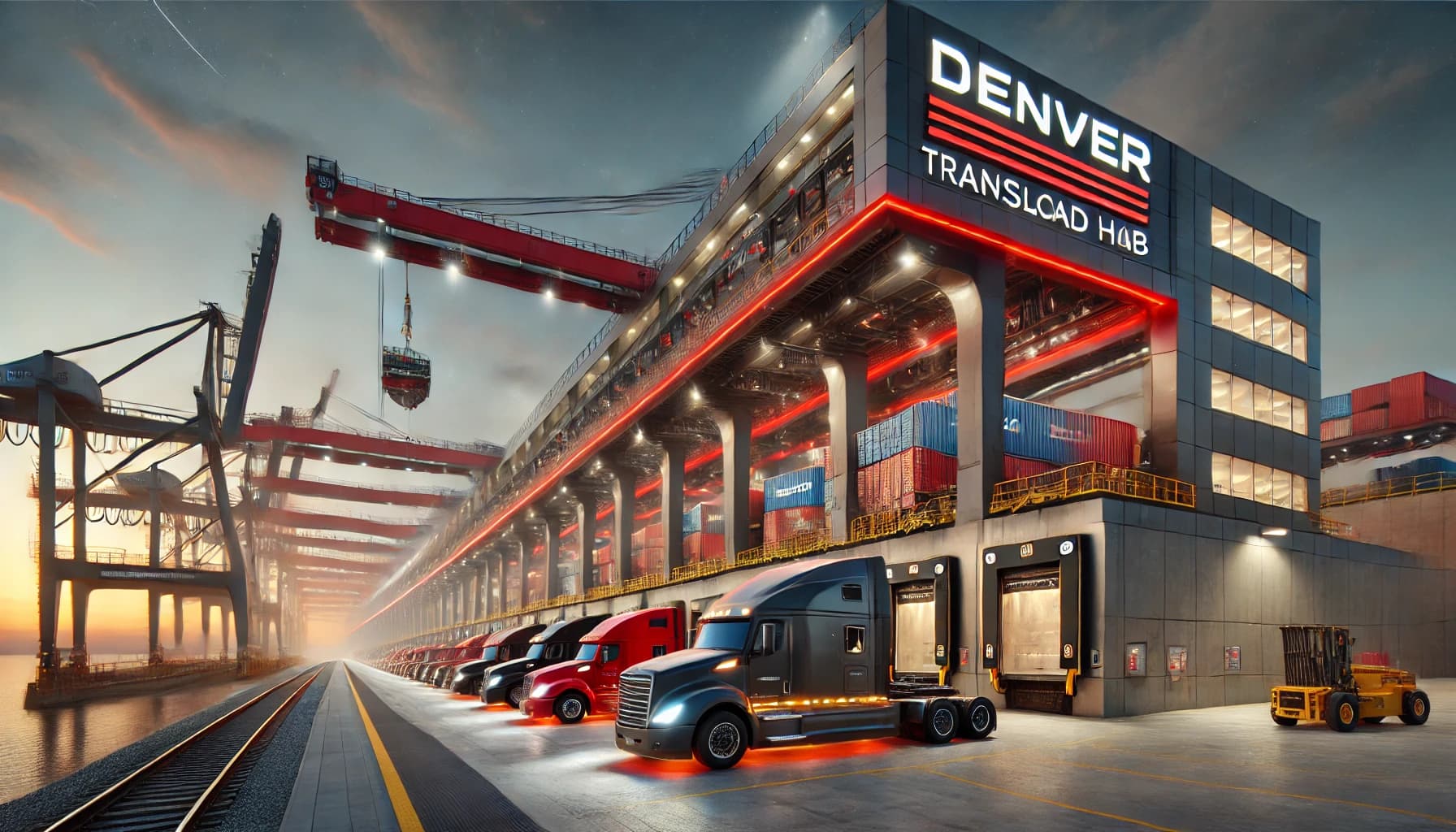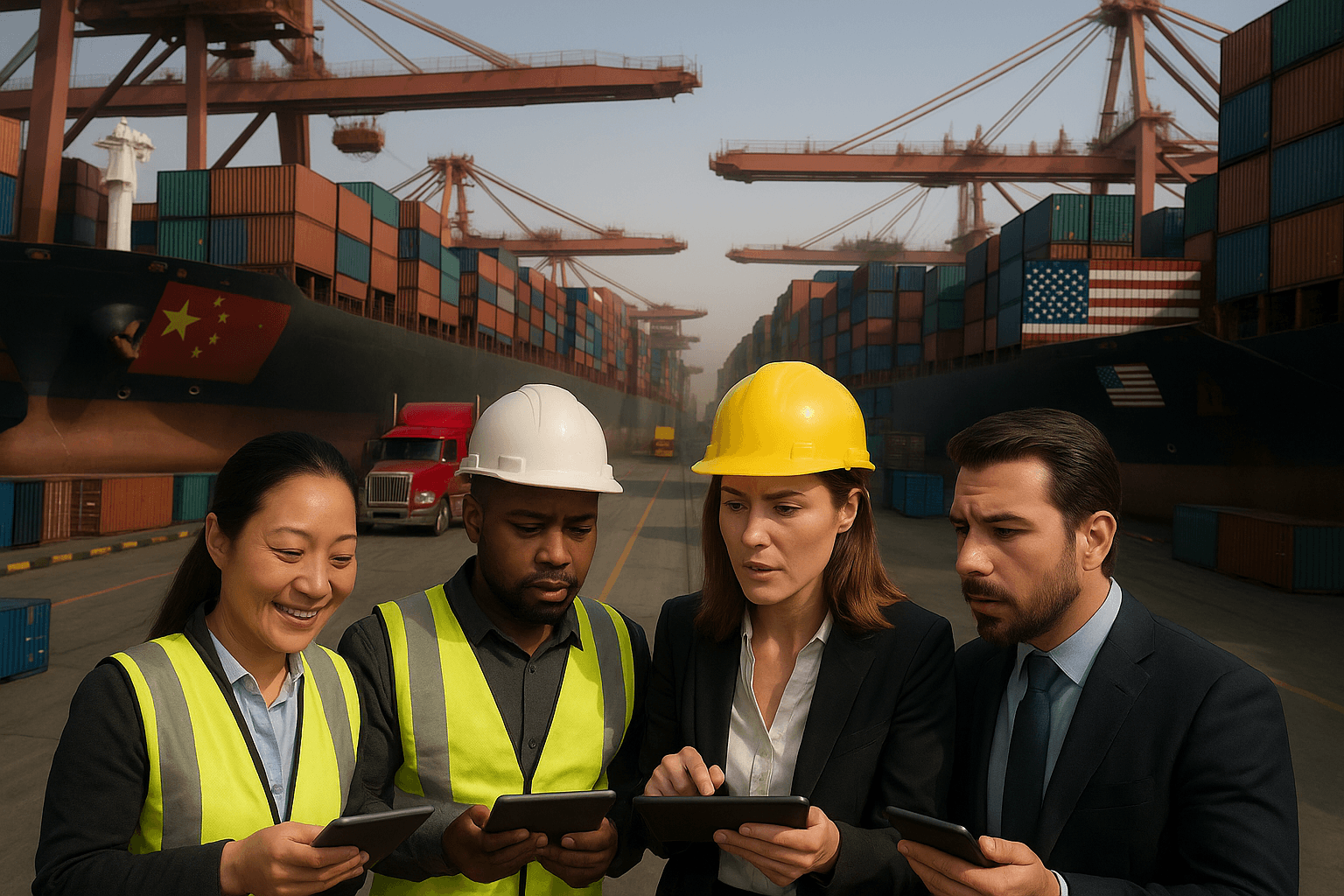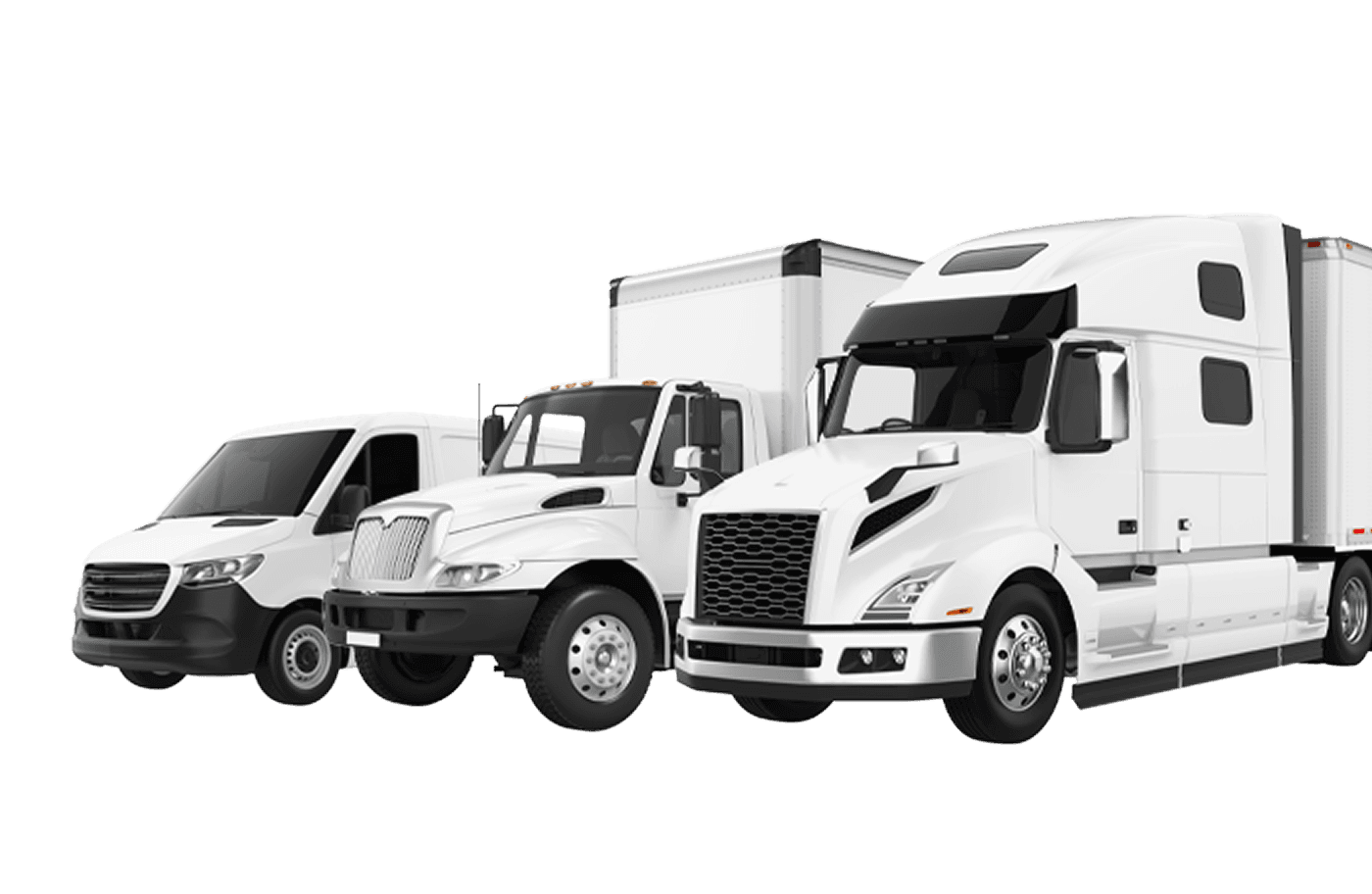
Transload Hubs in Denver, CO: Investment Strategies for Regional Economic Development
Denver transload hubs driving investment, jobs, and supply chain competitiveness
Unknow author
17 June 2025, 11 min read
The Strategic Role of Transload Hubs in Denver
Transload hubs in Denver, CO are becoming a centerpiece of the region’s logistics and economic strategy. With Denver’s location serving as a gateway between East and West, the city is uniquely positioned to support transloading operations that transfer freight between different modes of transportation—rail, truck, and air. For investors and regional planners, transload hubs represent more than logistics assets, they are engines of economic development that attract industries, create jobs, and strengthen the supply chain.
Unlike traditional warehousing, transload facilities specialize in the rapid transfer of goods. This makes them vital in a region where freight flows from coastal ports to inland markets. As consumer demand for speed, flexibility, and efficiency increases, Denver’s role as a transload hub is only set to expand.
Why Denver is a Prime Location for Transloading
Denver’s logistics advantage comes from geography and infrastructure.
• Central Location: Positioned in the heart of the U.S., Denver connects West Coast ports to the Midwest and East Coast markets.
• Intermodal Access: The city provides direct access to rail lines, interstate highways (I-25, I-70), and Denver International Airport.
• Growing Population and Economy: Rising demand for consumer goods and industrial products fuels consistent freight movement through the region.
• Supportive Business Climate: Local and state authorities actively support logistics development with infrastructure investments and tax incentives.
Together, these factors make Denver a natural hub for transloading, attracting both private investment and public policy support.
Economic Development Impact of Transload Hubs
The establishment and expansion of transload hubs in Denver generate far-reaching economic benefits:
• Job Creation: Each hub employs workers across freight handling, transportation, and management, while also creating secondary employment in related industries.
• Business Attraction: Manufacturers, distributors, and retailers are more likely to establish operations in regions with strong transloading capacity.
• Infrastructure Development: Investments in hubs lead to road improvements, rail expansions, and better intermodal connectivity.
• Increased Competitiveness: Denver becomes more attractive as a regional distribution center, boosting the state’s industrial and commercial profile.
The cumulative impact strengthens the regional economy and positions Denver as a logistics leader within the Western United States.
Investment Strategies for Transload Development
For investors considering transload hubs in Denver, several strategies can maximize returns:
• Public-Private Partnerships (PPPs): Collaborating with government entities can unlock financing incentives and infrastructure support.
• Targeting High-Growth Industries: E-commerce, food and beverage, and advanced manufacturing industries rely heavily on efficient transloading.
• Integrating Technology: Smart logistics systems, automation, and real-time data improve throughput and provide competitive differentiation.
• Sustainability Investments: Green building certifications and energy-efficient operations attract ESG-conscious clients and investors.
By aligning investment strategies with both business demand and public policy priorities, transload hubs can deliver strong financial performance while driving regional development.
Case Studies: Transload Success in Denver
• Retail Distribution Expansion: A major retailer established a transload hub in Denver to streamline distribution to stores across the Mountain West. The hub reduced delivery times by 25% and enabled faster replenishment cycles.
• Food Logistics Provider: A regional supplier of perishable goods utilized transload hubs to switch freight seamlessly between rail and truck, ensuring products reached markets fresher and faster.
• Industrial Equipment Firm: By leveraging Denver’s intermodal network, a manufacturing supplier reduced transportation costs by consolidating freight at a local transload hub before sending shipments nationwide.
These cases demonstrate how transload hubs create measurable ROI while strengthening Denver’s competitiveness as a logistics hub.
Challenges and Considerations
Investors and businesses must also navigate challenges when developing or utilizing transload hubs:
• High Initial Capital Costs: Building modern transload facilities requires significant upfront investment.
• Regulatory Approvals: Projects often involve environmental reviews, zoning permits, and coordination with multiple agencies.
• Labor Supply: Skilled logistics labor shortages can impact hub efficiency.
• Market Competition: Other inland hubs in regions such as Kansas City or Salt Lake City compete for similar freight flows.
Addressing these challenges requires careful planning, stakeholder engagement, and long-term strategy.
The Role of Technology and Innovation
Transload hubs are increasingly shaped by digital technologies. Automation, IoT-enabled freight tracking, and predictive analytics allow for faster throughput and more accurate supply chain planning. For Denver, adopting these technologies ensures hubs remain competitive against rival logistics regions.
Innovations also play a role in sustainability, as hubs integrate renewable energy, smart energy management systems, and green building practices. This not only aligns with Colorado’s environmental priorities but also positions Denver as a model for sustainable logistics.
Future Outlook for Transload Hubs in Denver
The next decade will see Denver expand its role as a regional logistics powerhouse. With e-commerce demand rising, global trade patterns shifting, and infrastructure investment increasing, transload hubs will continue to attract private capital and public attention.
Expect to see:
• Expansion of rail-served transload facilities
• Growth of tech-enabled smart hubs
• Stronger alignment with ESG and sustainability goals
• Increased partnerships between logistics companies and government agencies
For investors, these trends signal long-term opportunity. For Denver’s economy, transload hubs will remain critical engines of growth and competitiveness.
Practical Recommendations for Stakeholders
• For Investors: Focus on partnerships with municipalities and target industries that rely heavily on intermodal logistics.
• For Businesses: Leverage transload hubs to diversify supply chains and reduce transportation costs.
• For Policymakers: Continue offering incentives and infrastructure improvements to attract private capital.
• For Developers: Prioritize technology integration and sustainability to future-proof facilities.
Conclusion
Transload hubs in Denver, CO are more than logistical waypoints—they are catalysts for economic growth and regional competitiveness. By connecting rail, truck, and air freight efficiently, these hubs support industries, attract investment, and create sustainable jobs.
As technology, sustainability, and infrastructure investment converge, Denver’s transload sector is set to expand significantly. For investors, businesses, and policymakers, the message is clear: transload hubs are not just about moving freight, they are about moving the region’s economy forward
You may also like

Bridging Giants: Navigating the US-China Supply Chain in a Shifting Global Landscape
Unlocking Opportunities Amidst Geopolitical Change
0 min read

Logistics Without Limits: How Franchising Is Fueling the Next Wave of Growth in the Industry
A New Era of Scalable, High-Performance Logistics
4 min read

Unlocking Value Together: How the Sharing Economy Is Reshaping Logistics and Beyond
The New Age of Shared Value
0 min read
Streamline Your Logistics Today
Partner with Freitty for smarter, faster, and more efficient cross-docking services.
